Industry leading manufacturer, specializing in rotary forging, metal spinning, and the flow forming of aluminum and other alloys into complex shapes.

©NUTEC Bickley 2026
US Office
21240 Spell Circle Drive Tomball, Texas 77375, USA
Mexico Office
Carretera Saltillo–Monterrey No.
100,Km 62.5 Santa Catarina,
Nuevo León 66359, Mexico



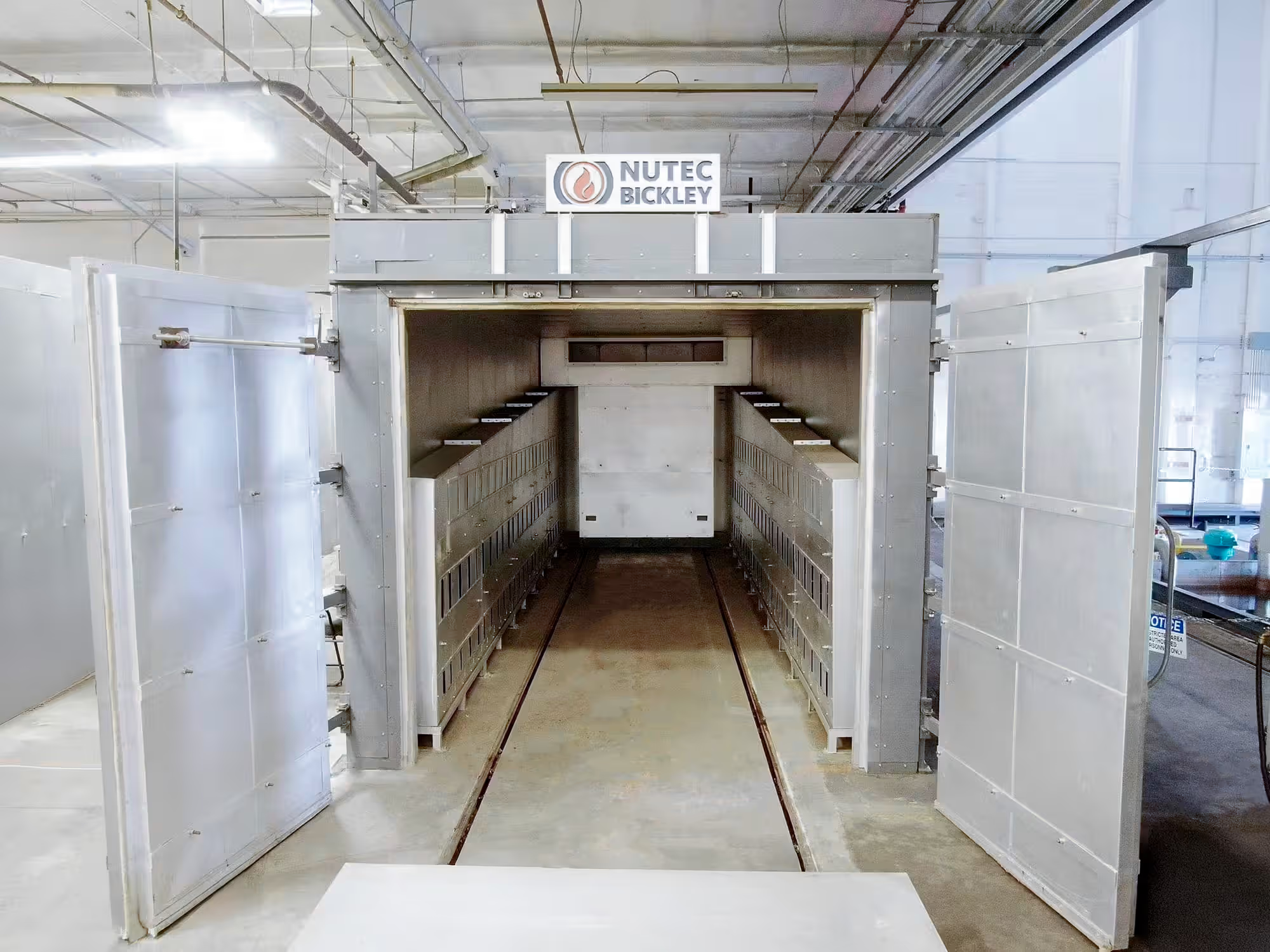
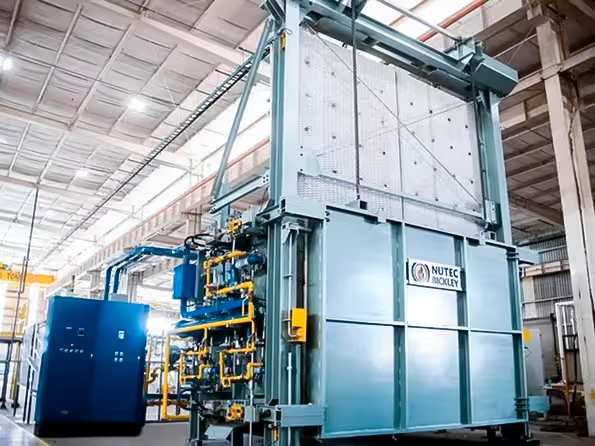


.webp)

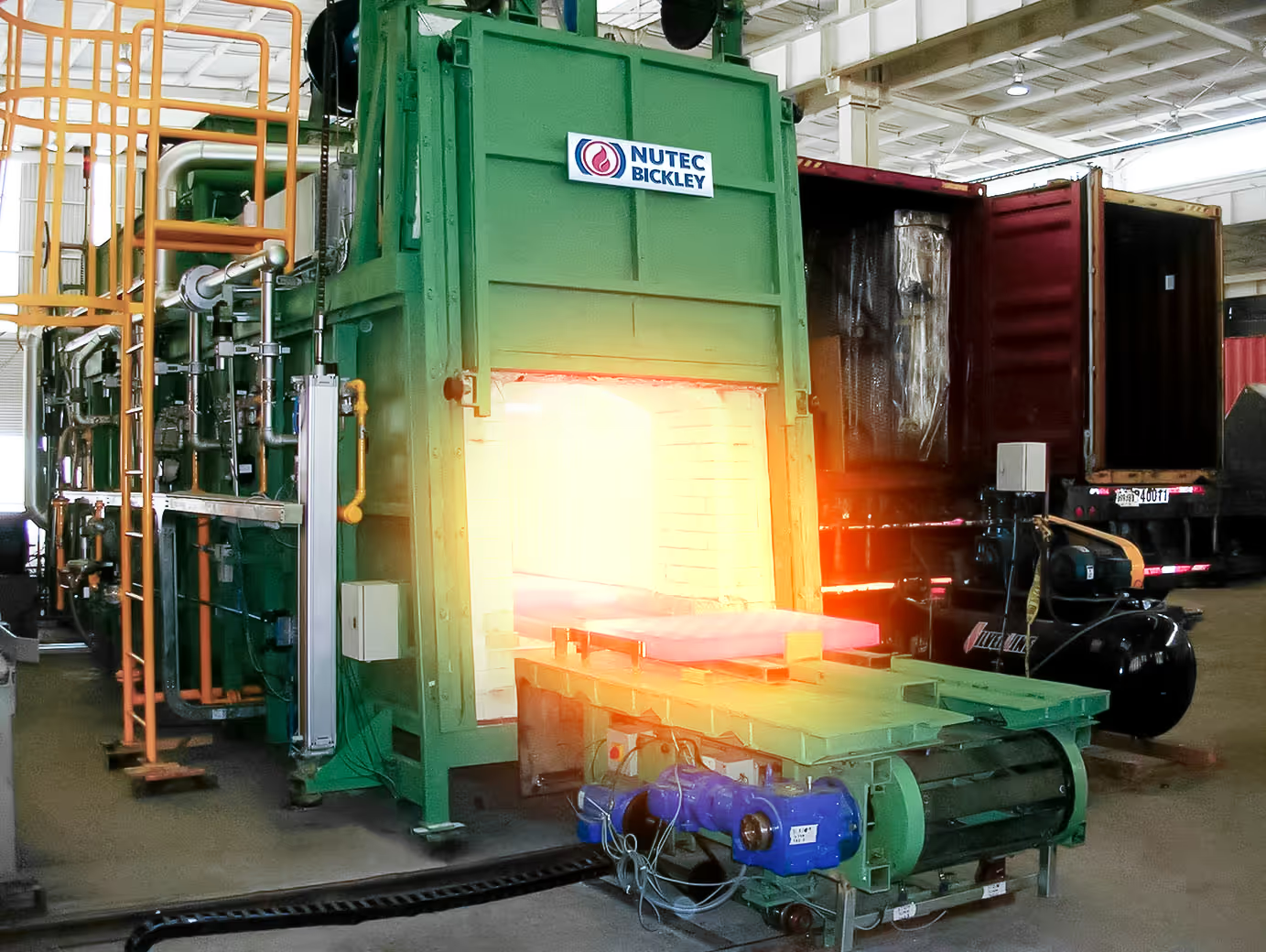

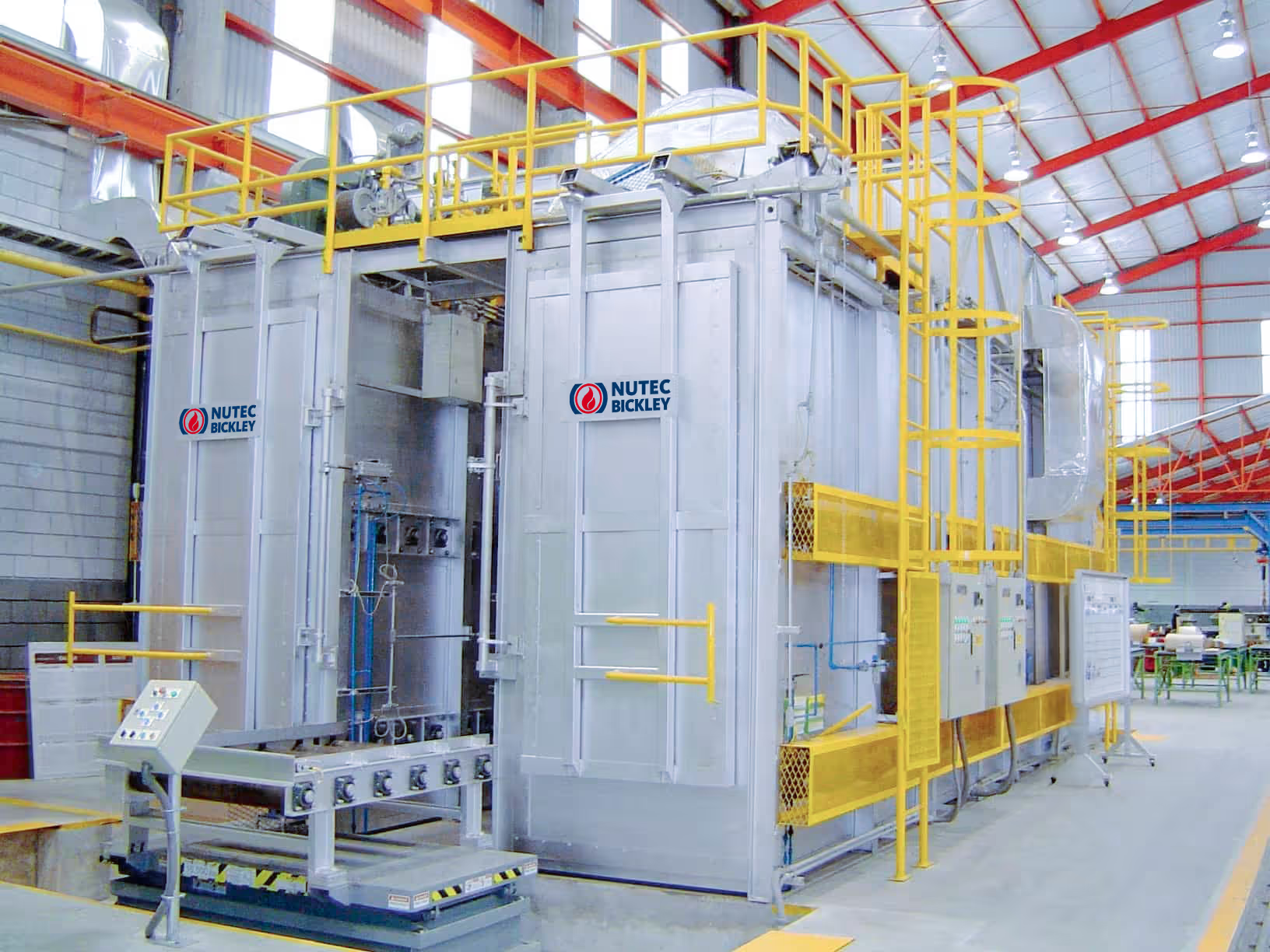
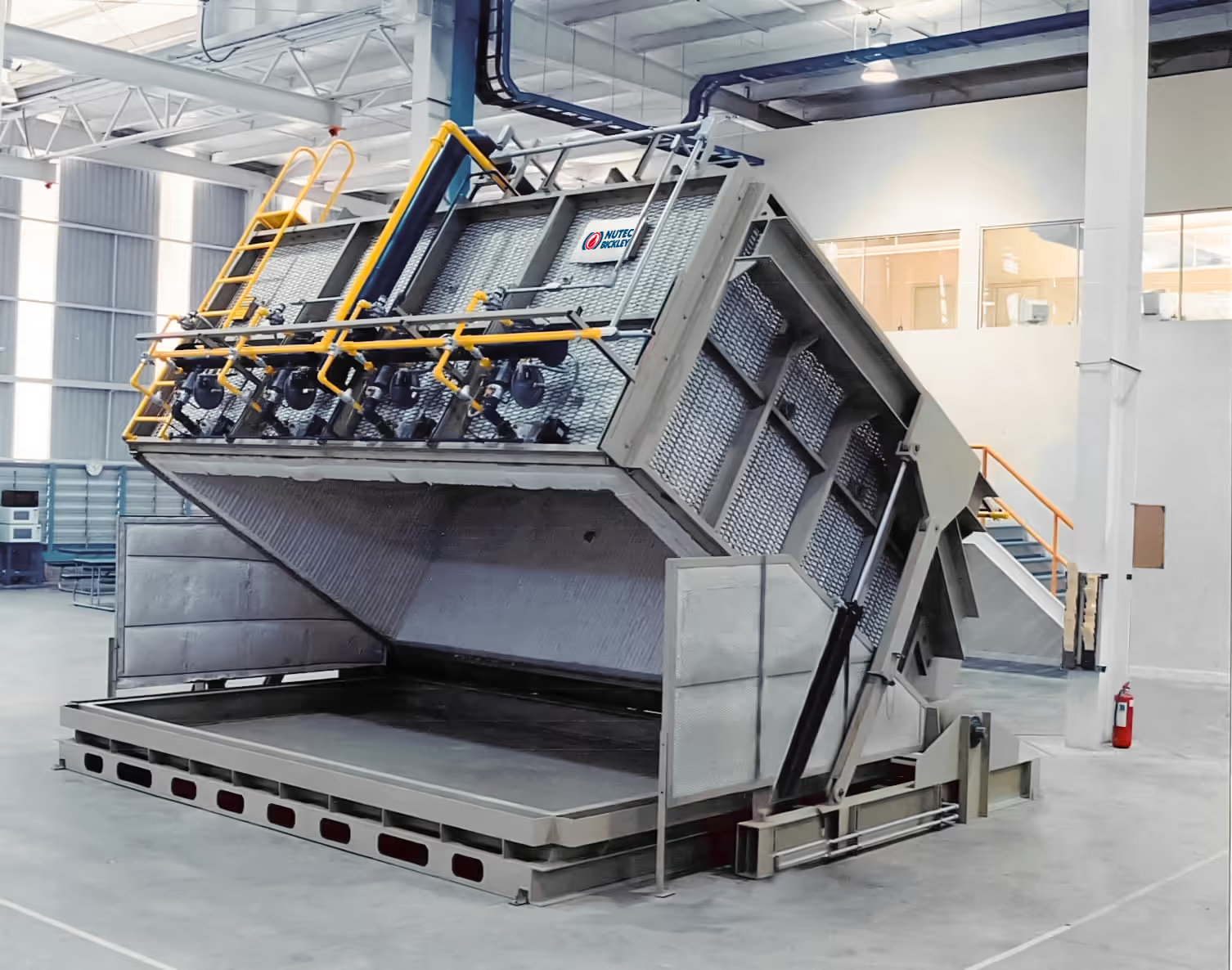


.webp)




